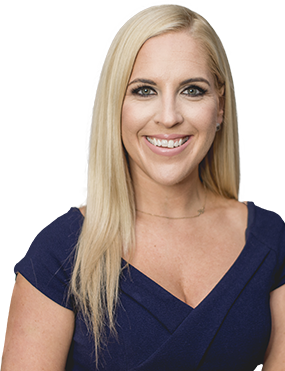Many mistakenly believe mothers are more likely to receive physical custody of their children in a dispute than fathers.
And this used to be the divorce norm in the country when families followed more traditional gender roles and fewer women were in the workforce.
This presumption dates back to when women were traditionally seen as caregivers and carried the responsibilities of a primary parent or caregiver to a child or children.
Yet, with more women leading companies and owning their own businesses, while still having the expectations to manage the caregiver responsibilities at home, many female leaders and entrepreneurs have shifted and shared caregiver responsibilities in many marriages.
So, do women business owners and leaders need to worry about losing a physical custody battle with their partner?
Yes and no.
It’s important to remember that the courts aren’t focused on the parents or their needs – they are focused on the children, the children’s status quo, and the children’s needs.
They are going to look to several factors when deciding the best needs of the child or children, including:
➡️ The child’s emotional and physical needs at the time and in the future, and the ability of each parent to meet them;
➡️ The emotional and physical danger, if any, to the child at the time and in the future;
➡️ The parental abilities of the individuals seeking custody;
➡️ The status quo arrangement for the children prior to the divorce;
➡️ The children’s educational needs and the ability of each parent to meet them; and
➡️ The stability of the home.
Most often, the court looks to the two parents in this situation to work together to come to create an agreed parenting plan for their child or children that includes a possession schedule, shared decision-making, and sometimes primary custody. In the event of disagreement, a Court can make these decisions for the parents.
It’s always good to remember that a Court wants to minimize the change that your children undergo as a part of the divorce process, so the status quo of how your household divided up caregiving responsibilities will be the first thing the Court looks to when deciding these issues.
To learn more about custody and visitation, visit our website.
Holly R. Davis is a Partner and Trial Attorney at Kirker Davis. She is an accomplished and nationally-recognized family law trial attorney with over seventeen years of experience. Her legal practice focuses on high-asset divorce, business and professional divorce, custody matters, and complex litigation. Education: Baylor University School of Law, J.D. (2006)
Holly R. Davis
Years of experience: +17 years
Austin Family Attorneys
Download “The 4 Steps In Every Divorce” eBook so you can be better prepared
Download Now